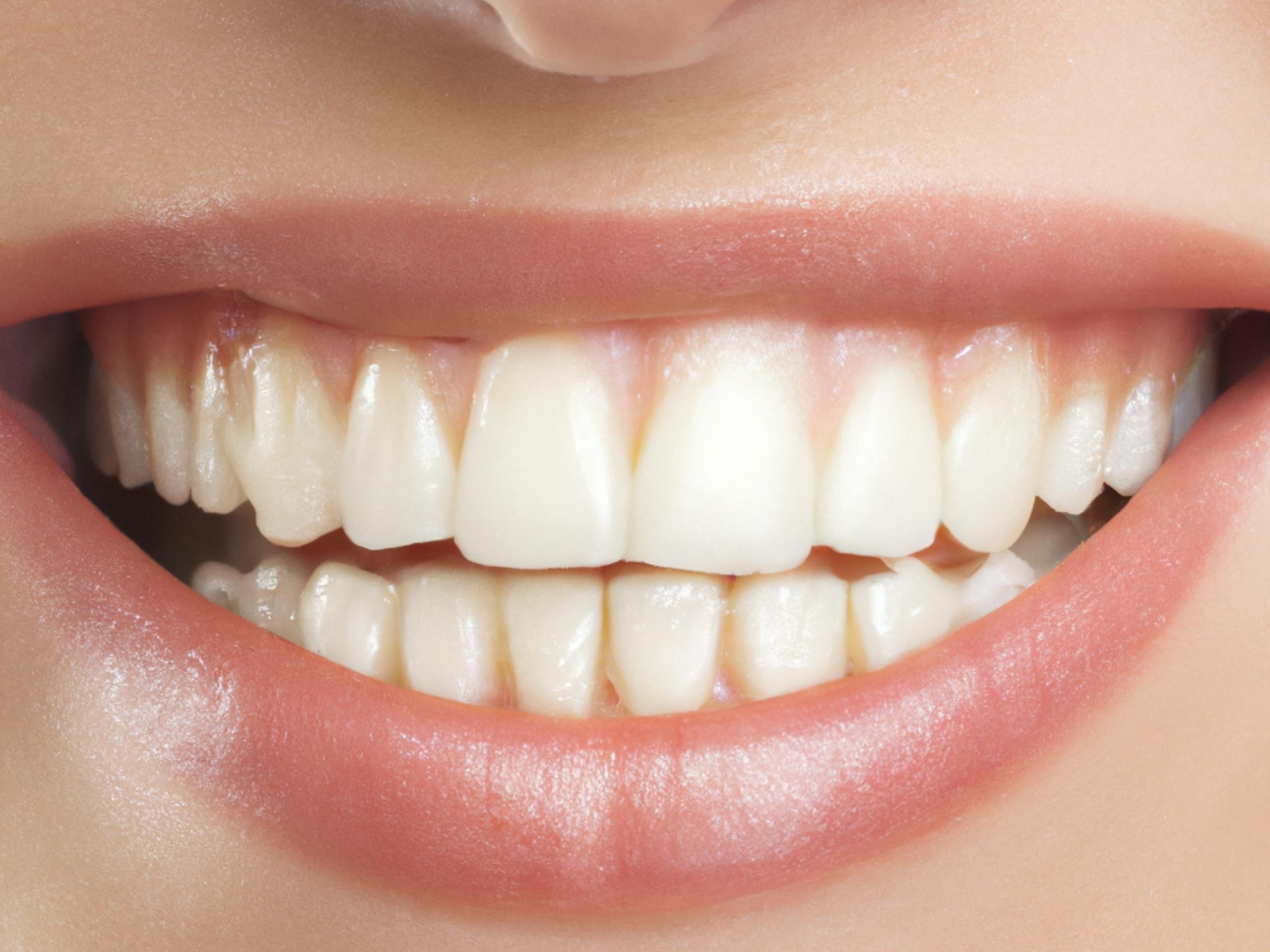Noticing blood when you brush or floss can be alarming, but bleeding gums are a common issue many people face. While occasional minor bleeding might not be a cause for concern, persistent bleeding could indicate an underlying problem. Understanding the causes of bleeding gums is the first step toward prevention and maintaining optimal oral health. Below, we explore the top reasons your gums might bleed and provide actionable tips to keep them healthy.
1. Poor Oral Hygiene
One of the most common causes of bleeding gums is inadequate oral hygiene. When plaque—a sticky film of bacteria—builds up along the gumline, it can irritate the gums, leading to inflammation and bleeding. If left untreated, this can progress to gingivitis, the earliest stage of gum disease.
How to Prevent It:
- Brush twice daily: Use a soft-bristled toothbrush and fluoride toothpaste to gently clean your teeth and gums.
- Floss daily: Flossing removes plaque and food particles between teeth where a toothbrush can’t reach.
- Use mouthwash: An antibacterial mouthwash can help reduce plaque buildup and keep gums healthy.
2. Gum Disease (Gingivitis and Periodontitis)
Gingivitis is a mild form of gum disease caused by plaque buildup. If untreated, it can progress to periodontitis, a more severe condition that damages the gums and bone supporting the teeth. Both conditions can cause bleeding, swelling, and tenderness in the gums.
How to Prevent It:
- Regular dental checkups: Visit your dentist every six months for professional cleanings and early detection of gum disease.
- Scaling and root planing: If you have gum disease, your dentist may recommend this deep-cleaning procedure to remove plaque and tartar below the gumline.
- Healthy diet: Eating foods rich in vitamin C and antioxidants can strengthen gums and reduce inflammation.
3. Aggressive Brushing or Flossing
While brushing and flossing are essential for oral health, doing so too aggressively can damage your gums and cause bleeding. Using a hard-bristled toothbrush or applying excessive pressure can wear down gum tissue over time.
How to Prevent It:
- Switch to a soft-bristled brush: A gentle brush is just as effective at cleaning teeth without harming gums.
- Use proper technique: Hold your toothbrush at a 45-degree angle to your gums and use short, gentle strokes.
- Be gentle with floss: Slide floss between teeth carefully rather than snapping it into place.
4. Vitamin Deficiencies
Certain vitamin deficiencies, particularly vitamin C and vitamin K, can weaken gum tissue and make it more prone to bleeding. Vitamin C is essential for collagen production, which helps keep gums strong, while vitamin K plays a key role in blood clotting.
How to Prevent It:
- Eat vitamin-rich foods: Citrus fruits, leafy greens, and dairy products can help maintain healthy gums.
- Consider supplements: If you struggle to get enough vitamins from your diet, talk to your doctor about supplements.
- Monitor your diet: A balanced diet supports overall oral and systemic health.
5. Hormonal Changes
Hormonal fluctuations, particularly during pregnancy, menstruation, or menopause, can increase gum sensitivity and bleeding. This is often referred to as “pregnancy gingivitis” and occurs due to increased blood flow to the gums.
How to Prevent It:
- Maintain oral hygiene: Brushing and flossing regularly can help manage hormonal gum sensitivity.
- Stay hydrated: Drinking water helps rinse away bacteria and reduces gum irritation.
- Visit your dentist: Inform your dentist about hormonal changes so they can provide tailored care.
Conclusion
Bleeding gums should never be ignored, as they can signal underlying issues ranging from poor oral hygiene to more serious conditions like gum disease. By adopting a consistent oral care routine, eating a balanced diet, and visiting your dentist regularly, you can prevent bleeding gums and maintain a healthy smile. If bleeding persists despite these measures, consult a dental professional to rule out any serious conditions and receive appropriate treatment.
